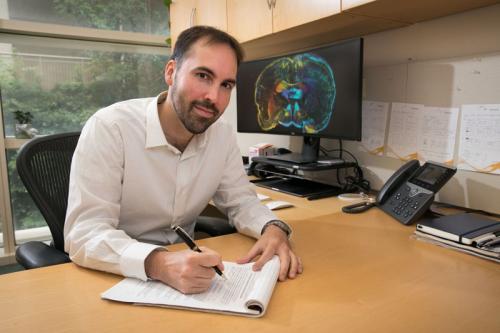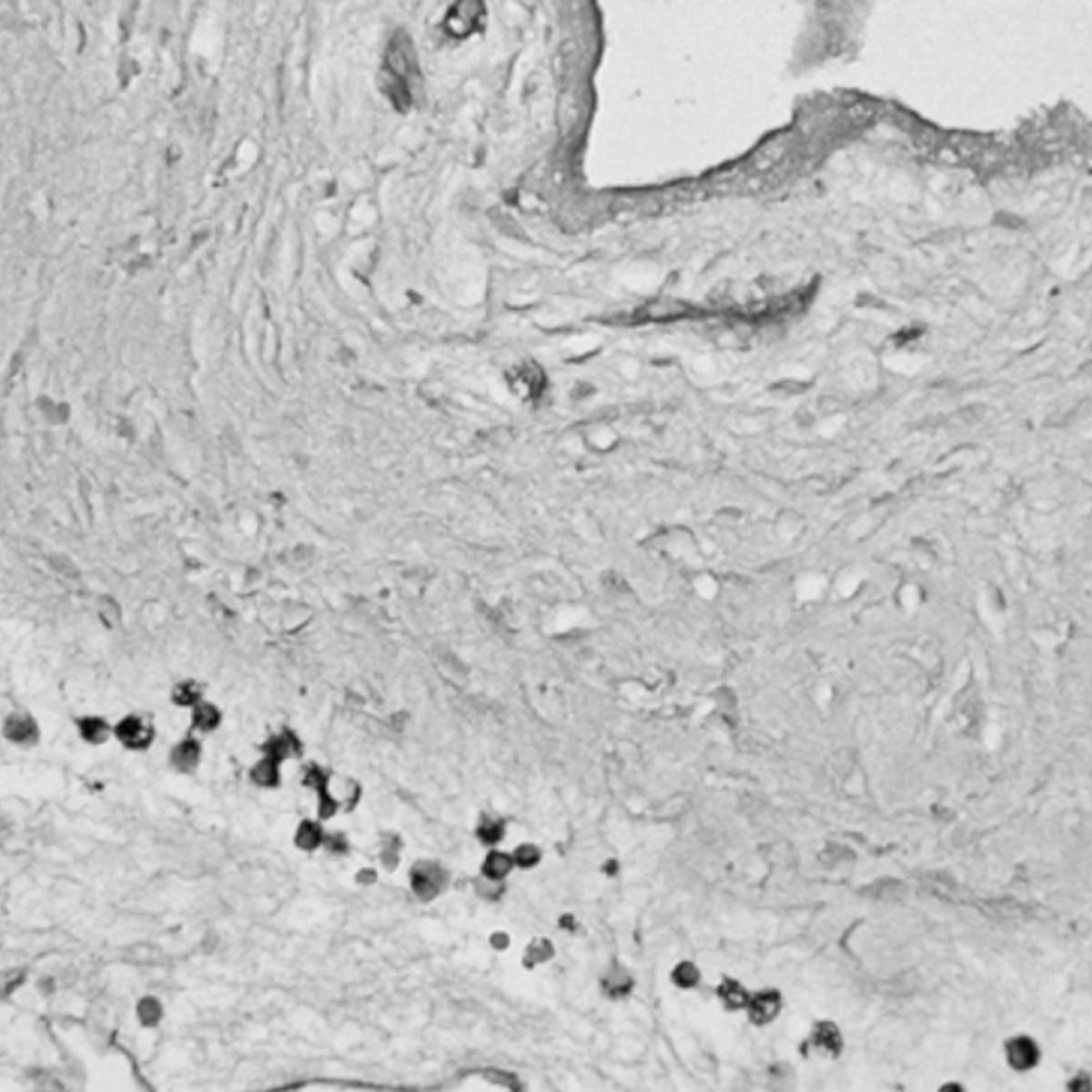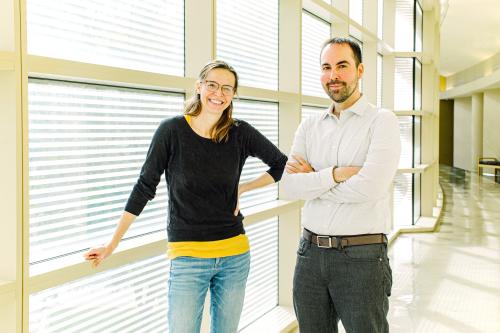
Luis de la Torre-Ubieta, Ph.D.
- Assistant Professor, Psychiatry and Biobehavioral Sciences

Luis de la Torre-Ubieta, Ph.D., utilizes bioinformatics and genomic engineering to study human brain development. He aims to gain insights into the genetic, cellular and molecular mechanisms that drive this process in order to develop new treatments for neurodevelopmental and neuropsychiatric conditions, such as autism and schizophrenia.
De la Torre-Ubieta studies gene and isoform expression patterns, gene regulatory mechanisms and histogenetic processes of the developing human brain, with emphasis on the neocortex. He has led work illuminating the role of transcription factors in neuronal morphogenesis, developing improved human neural stem cell models and mapping and validating gene regulatory elements governing human cortical neurogenesis. He also generated the first single-cell characterization of previously uncharacterized cell types in the neocortex, advancing our understanding of how the human brain develops and evolves — and how these processes are dysregulated in neuropsychiatric diseases.
Recently, de la Torre-Ubieta expanded on this work using long-read sequencing technology to characterize patterns of isoform expression in vivo, uncovering the substantial role of isoform diversification in cell type identity and underlying neurodevelopmental disorders. His long-term goal is to translate insights from these foundational studies to develop therapeutic approaches for neurodevelopmental and neuropsychiatric disorders.
Research Projects
- Developing and improving neural stem cell models to elucidate mechanisms of normal brain development and function
- Mapping gene regulatory networks in the developing human neocortex, which controls cognitive functions such as perception and emotion
- Examining how isoform diversification operates during neurogenesis and neuronal morphogenesis The biological process that shapes a cell, tissue or organism, determining its form during development. It involves mechanical forces generated by cells and can be influenced by genetic programs. Abnormal morphogenesis is termed dysmorphogenesis. morphogenesis The biological process that shapes a cell, tissue or organism, determining its form during development. It involves mechanical forces generated by cells and can be influenced by genetic programs. Abnormal morphogenesis is termed dysmorphogenesis.
- Uncovering the molecular and gene regulatory processes that are dysregulated in the brains of individuals with Down syndrome
-
Post-doctoral Fellowships
- Neurogenetics, UCLA, 2017
- Developmental Neuroscience, Harvard Medical School, 2011
Degree
- Ph.D., Neuroscience, Harvard University, 2010


